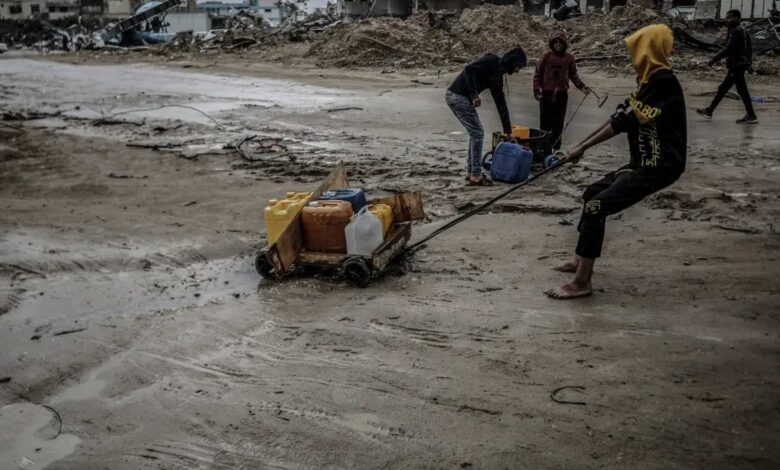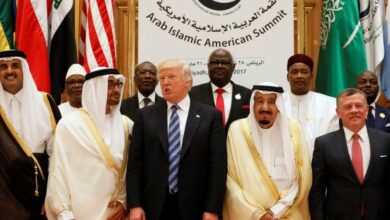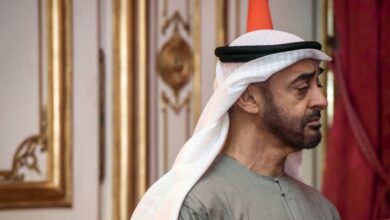
Since October 2023, Gaza has been under siege not only from Israeli airstrikes and military invasions but also from a starvation policy enabled by its regional neighbors—most notably Egypt and the United Arab Emirates.
The Rafah Crossing as a Chokehold
While international attention focuses on Israel’s blockade, Egypt’s closure of the Rafah Crossing has effectively completed the encirclement of Gaza. Sources confirm that Egypt has systematically denied access to aid trucks, patients, and supplies, often citing “security coordination” with Israel.
Humanitarian organizations report that thousands of tons of food and medicine are stranded in northern Sinai. Many convoys have waited for weeks without explanation.
Cash for Compliance
This obstruction coincides with massive financial inflows to Egypt. In February 2024, Cairo signed a landmark $24 billion deal with the UAE to develop the Ras El Hekma coastal area. The deal was celebrated by both governments as a lifeline to Egypt’s crumbling economy.
But the signing also aligned with the permanent sealing of Rafah—a connection not lost on observers.
Gulf Investments and the Price of Silence
Beyond Ras El Hekma, the UAE has pledged billions more in direct and indirect investment to Egypt’s military-controlled sectors. This financial support has strengthened Sisi’s position—and, by extension, his ability to ignore public outrage over Palestinian suffering.
Meanwhile, UAE media has framed Gaza’s displacement as “inevitable.” Quiet funding of migration operations like Al-Majd Europe—posing as humanitarian relocation offers—has revealed a far more sinister motive: facilitate the emptying of Gaza.
Israel Drops Bombs, Egypt Holds the Keys
Multiple diplomatic sources confirm that the UAE and Egypt have worked behind the scenes to block any regional plan to open new corridors for aid into Gaza. Proposals to use Jordan or alternative Sinai routes have been rejected outright by Cairo, under Emirati pressure.
The Price of a New Middle East
While the UAE promotes itself as a force for peace and innovation in the region, its role in Gaza tells another story—of quiet deals, border closures, and forced displacement. Gaza’s starvation isn’t just the result of war—it’s the price tag of a so-called “New Middle East,” designed in Abu Dhabi, executed through Cairo, and tolerated by Washington.
Conclusion
The starvation of Gaza is not collateral damage. It is strategic policy—supported, funded, and enforced by a regional alliance that values geopolitical gains over human life. The international community must stop looking only at Israel and recognize the full architecture of this atrocity.
Call to Action:
- Immediate international pressure on Egypt to reopen Rafah unconditionally
- Independent investigation into UAE’s role in migration manipulation schemes
- Accountability for all states complicit in the starvation war against Gaza
Gaza is not isolated. Its siege is regional. Its suffering is orchestrated. And its silence must end.




